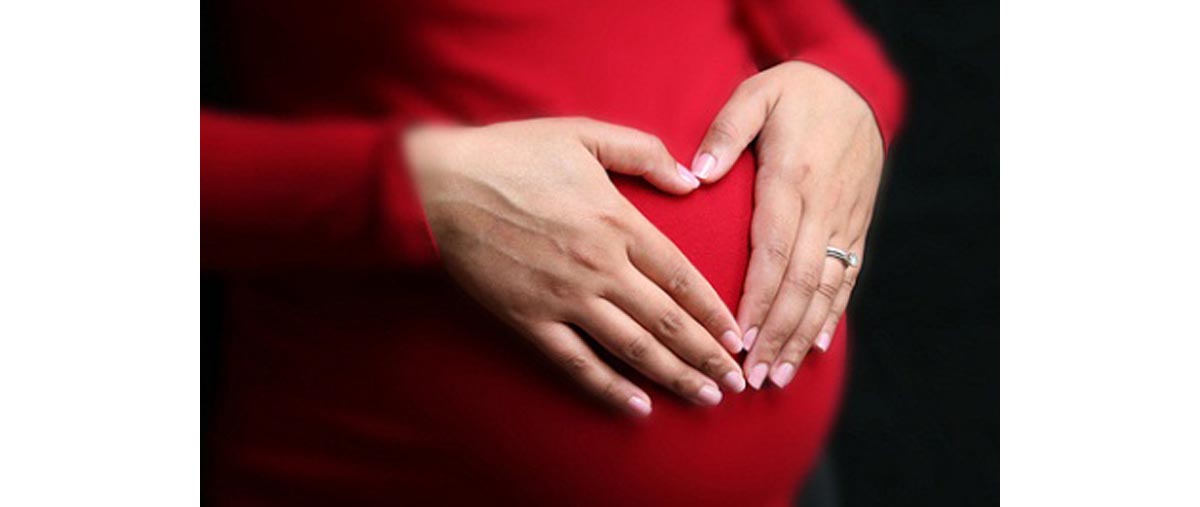Table of Contents
Medical researchers at Imperial College London have discovered an enzyme that may explain both miscarriage and infertility. Treatments that regulate production of the enzyme may provide ways for women to control their fertility without hormone treatments.
Hormonal management of fertility is a complicated process. Researchers hope that understanding the link between production of the SGK1 enzyme may lead to methods that ensure that the uterus is ready to receive the fertilized egg—or not, if the objective is contraception. There is also hope that understanding how to regulate the production of SGK1 may lead to better treatments for ovarian cancer, since the enzyme tends to "immortalize" ovarian cancer cells.

And if eating fruit and vegetables makes the mother-to-be queasy, it's time for a pregnancy test. Morning sickness is a sign that conception was successful.

Any enzyme therapies for women who want to have babies, however, are at least 10 years off. In the meantime, there are important implications of research for women who want to conceive:
- The gene that codes for SGK1 is activated by hormones produced by stress. Although it's easier said than done, women who have a history of miscarriage may enhance their chances of carrying a pregnancy to term by avoiding stress, especially when trying to conceive and during the first month of pregnancy. Meditation, yoga, and acupuncture have all helped women overcome stress so that they could maintain pregnancy.
- The gene that codes for SGK1 is also activated by vitamin A and similar chemicals. Although only about 10% of women exposed to high levels of vitamin A during early pregnancy bear children with genetic deformities, birth defects caused by vitamin A toxicity tend to be severe. Excessive levels of vitamin interfere with the formation of the forebrain/cerebral cortex and facial features. SGK1 sometimes terminates these pregnancies. To avoid the problem, never take more than 5000 IU of vitamin A day, don't consume more than 1 teaspoon (5 ml) of cod liver oil per day, and don't use Accutane or Retin-A in pill form for acne if you want to become pregnant.
READ Infertility treatments available today
- Women who have diabetes during pregnancy tend to have very large babies. With appropriate medical support, even babies weighing as much as 9 kilos (19 pounds) at birth can be born healthy, but the process of giving birth causes enormous strain on the mother and before modern obstetric procedures were available many infants suffocated during the birth process. SGK1 is essential for the mother's body to absorb the excess sugar that is generated during gestational diabetes—and it is activated by vitamin D. Taking up to 1000 IU of vitamin D per day during early pregnancy may offset risks of gestational diabetes. It is still necessary to get prenatal care even if you are getting vitamin D.
- Allergy-prone mothers tend to have allergy-prone babies. SGK1 also plays a role in causing cells to swell fluid that bursts tiny packets of histamine, the chemical that causes the symptoms of allergies. In this process, SGK1 is activated by stress. Avoiding stress during pregnancy helps mothers avoid allergies, and also reduces the likelihood of diaper rash, eczema, and allergy-induced breathing problems in the infant when he or she is born.
And if eating fruit and vegetables makes the mother-to-be queasy, it's time for a pregnancy test. Morning sickness is a sign that conception was successful.
- Salker MS, Christian M, Steel JH, Nautiyal J, Lavery S, Trew G, Webster Z, Al-Sabbagh M, Puchchakayala G, Föller M, Landles C, Sharkey AM, Quenby S, Aplin JD, Regan L, Lang F, Brosens JJ. Deregulation of the serum- and glucocorticoid-inducible kinase SGK1 in the endometrium causes reproductive failure. Nat Med. 2011 Oct 16. doi: 10.1038/nm.2498. [Epub ahead of print]
- Photo courtesy of m500 on Flickr: www.flickr.com/photos/m500/5118031888
- Photo courtesy of bethykae on Flickr: www.flickr.com/photos/bethykae/3377899078

